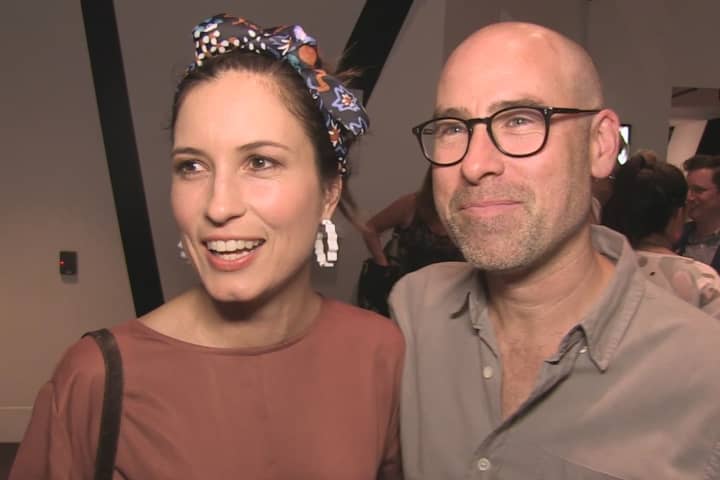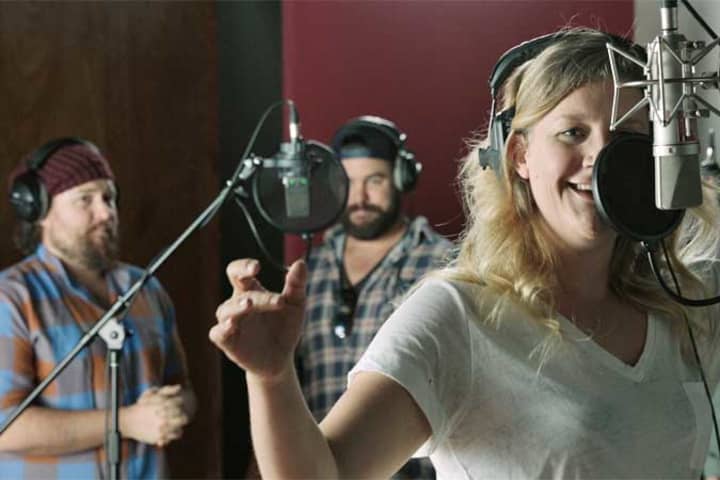Ahead of the Macbeth season, Lachlan Woods tells us how Shakespeare’s tragedy centres around loyalty.
What is Macbeth about?
I think, one of the significant themes of Macbeth is loyalty – loyalty to friends, to family, to a personal ideology, to a nation. There are significant conflicts for many characters about what it means to remain loyal to their nation or personal ideology and at the same time betraying something else important to them. Macbeth contains parallels to what is happening in American politics right now; Donald Trump is firing people like FBI director, James Comey, who are loyal to the organs of government and democracy, and not to him. We also see politicians who didn’t like Trump as a candidate, re-align their loyalty to him as it serves their agenda. Many of those who Macbeth seeks to eliminate, Lennox in my instance, are loyal to Scotland and not Macbeth.
How do you perceive and embody your character?
Lennox is an interesting example of someone who from the beginning of the play is loyal to his country, but it takes a critical event (attending the banquet where Macbeth sees Banquo’s Ghost) to realise Scotland is no longer in safe hands. At that banquet, he sees Macbeth is unhinged and unfit to govern. In this production, when he tries to communicate to someone on the outside, someone who could facilitate change, he’s persecuted and killed. His loyalty is certain… he’s a nationalist, not loyal to a specific leader but to an ideology and the nation state of Scotland above all else.
In this production, the audience will see Banquo’s ghost. In some ways it doesn’t matter what the scene is, there’s always rules. In this situation [when the ghost of Banquo is on stage], it’s just another rule: don’t look at Banquo. Don’t acknowledge that Banquo’s in the corner! Lennox is much more interested in the fact that Macbeth is going off the rails. His focus is on Macbeth.
How does this production resonate with our world today?
The thing for me that particularly resonates is that just before we started rehearsal I watched a Four Corners episode on the disappeared people of Syria – people who are deemed by the state to be political dissenters – and the systematized killing of these dissenters. I’ve thought about these disappeared people a lot in relation to my own character Lennox and the trajectory we’ve created for him in this production.
The play also reminds me that at any given moment we are only one fateful action away from falling under tyranny. The democratic institutions that we have in place that stop tyranny, are only as good as the people that administer those institutions. If those people are corrupted, killed or effectively disrupted, then tyranny can re-emerge easily. We’re always on the precipice of things being turned completely upside down. We don’t know how many times a day the world almost ends.
Are there any particular design elements you’re particularly excited about in this production?
Speaking generally, I think Shaun Gurton’s designs are always amazing. We have a huge amount of visual depth in this staging, it’s not a two-dimensional production. It’s really modern, it’s seductive, it’s like a Tom Ford film. I think there’s going to be sequences that people certainly find reminiscent of music videos, with the kind of sensual, seductive finish of everything. I’m looking forward to being in that visual world.
And I think if revolves existed in 1600, then Shakespeare would have been putting his shows on revolves!
How is it rehearsing without the revolve in the room?
It’s certainly easy when the revolve is in the room, but the thing about Simon is that he knows every single turn of that thing virtually before you’ve walked into the room. So he’s able to pour his attention and energy into what’s taking place on the revolve rather than when we’re going to turn the thing.
What do you really like about Shakespeare and what was your first experience?
It was a school production of King Lear with an English teacher/director who was very passionate about Shakespeare. That teacher did an amazing job of making it really exciting for students.
I’ve always been passionate about language and my family is really into wordplay and word games. Perhaps Shakespeare is just the natural evolution of that personal bent!
I’m always blown away by the scale of Shakespeare’s genius – in any given line you can read some of the most exquisite poetry. It is impossible to fathom how someone could write that volume of beauty – it’s just impossible to grasp! So that’s something I really love: being in the room and hearing the language. Every single character in every single Shakespeare has something to say, whether they’re a humble messenger or Hamlet, every single person has something to say and that thing that they say is important. They’re never lost for words, and if they are lost for words, they tell you that they’re lost for words! Nothing is disposable, everything has currency.
Macbeth plays at Southbank Theatre from 5 June. Book now.
Published on 30 May 2017





